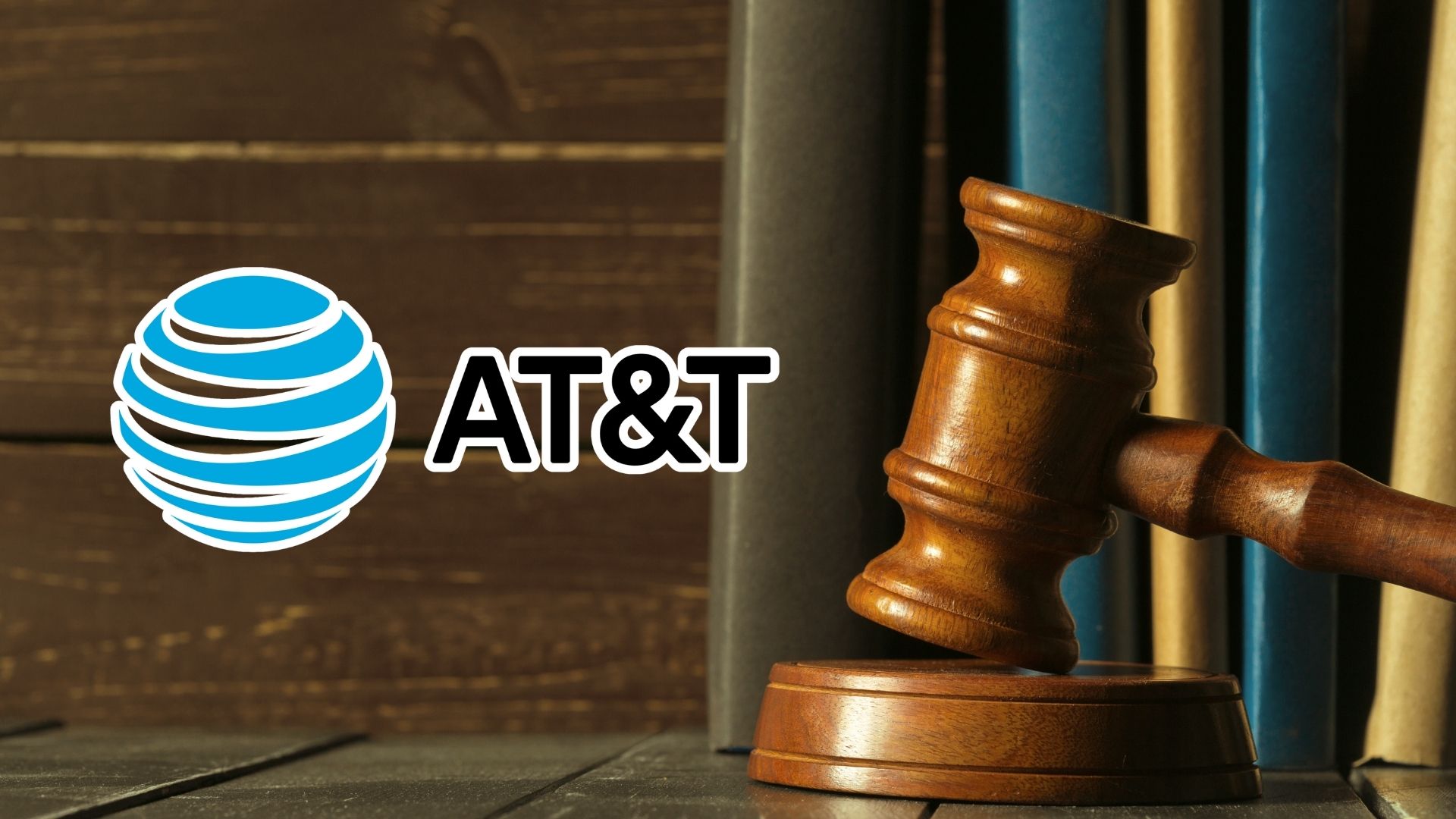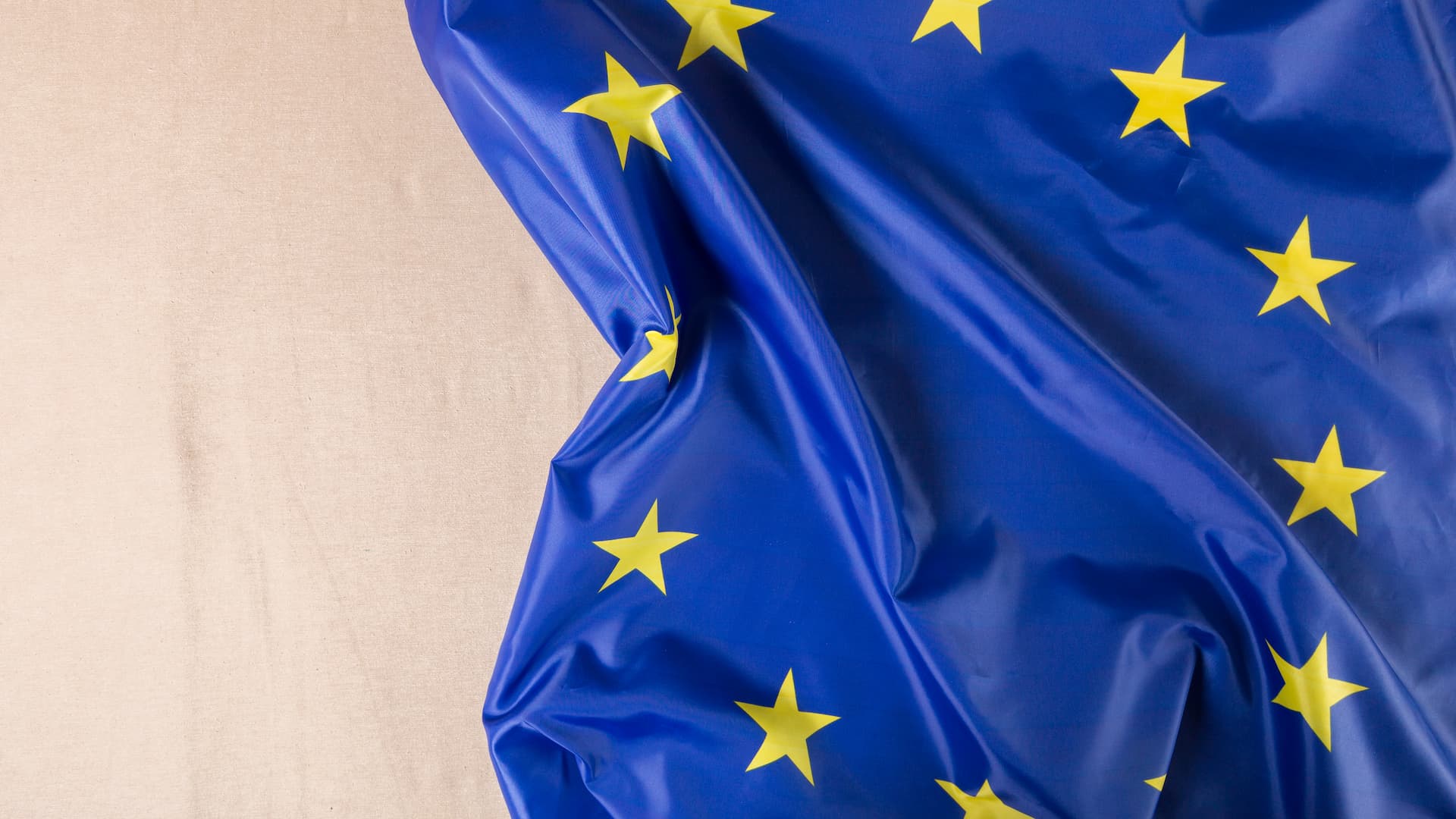European governments are renewing pressure to scale back industrial AI rules rather than expand regulatory demands.
Ten countries, including Germany, France, Italy, Spain and Poland, have urged the EU to clarify how the AI Act overlaps with machinery law and to adopt more realistic implementation deadlines. Their position is even more surprising, given that the legislation already outlines its relationship with existing industrial frameworks.
Parliament’s centre and centre-right groups are pushing for deeper cuts. The European People’s Party wants all industrial sectors to move to a lighter regime, while Renew is advocating broad exemptions for industrial and business-to-business AI.
The European Conservatives and Reformers are also seeking reductions for non-safety-related systems. Together, the three groups edge close to a parliamentary majority, signalling momentum for a broader deregulation push.
No sweeping changes have been added to the AI omnibus so far, yet policymakers expect more adjustments ahead. The package must be finalised by August, so legislators are focused on meeting the deadline instead of reopening primary debates.
Broader revisions to industrial AI rules are likely to reappear in the Commission’s forthcoming Digital Fitness Check, which will reassess how multiple EU tech laws interact.
Would you like to learn more about AI, tech and digital diplomacy? If so, ask our Diplo chatbot!










